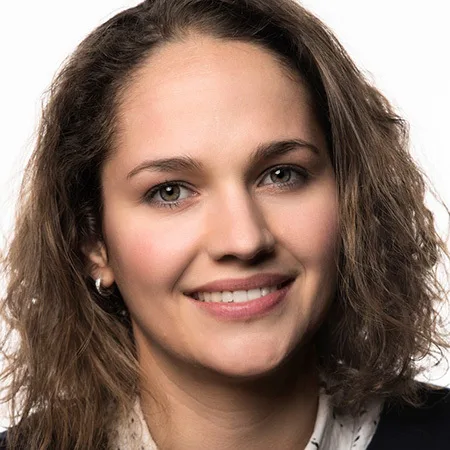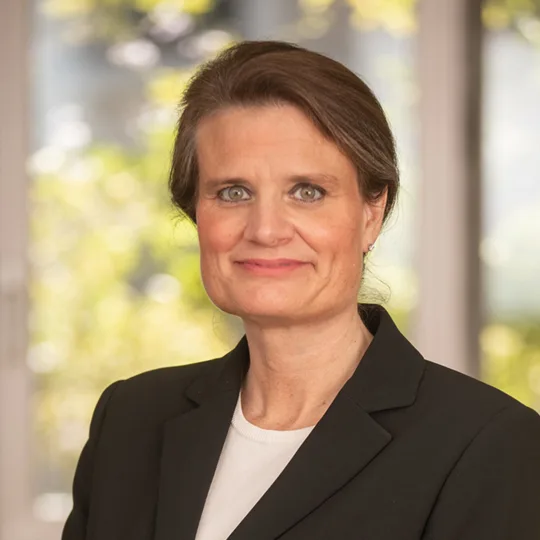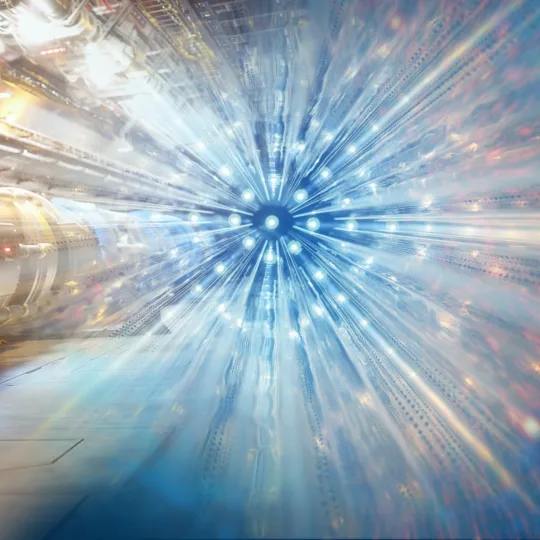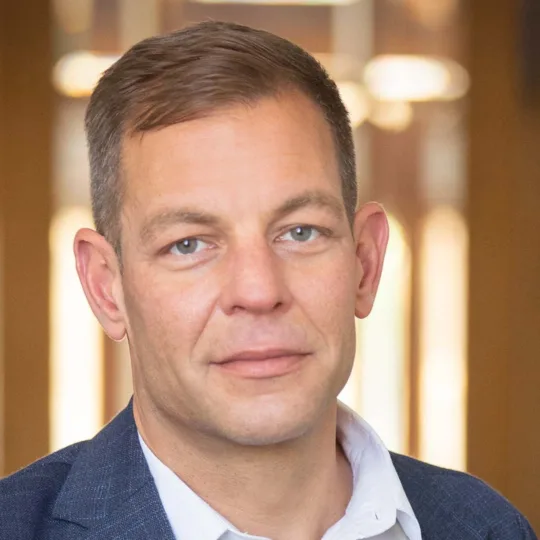Mark Thomson to become next Director-General of CERN in 2026
Mark Thomson, an experienced physicist and research director, will take over as Director-General of CERN in 2026. He has a vision of scientific excellence and sustainable development. He intends to build on the achievements of Fabiola Gianotti and create fresh impetus for European cutting-edge research.
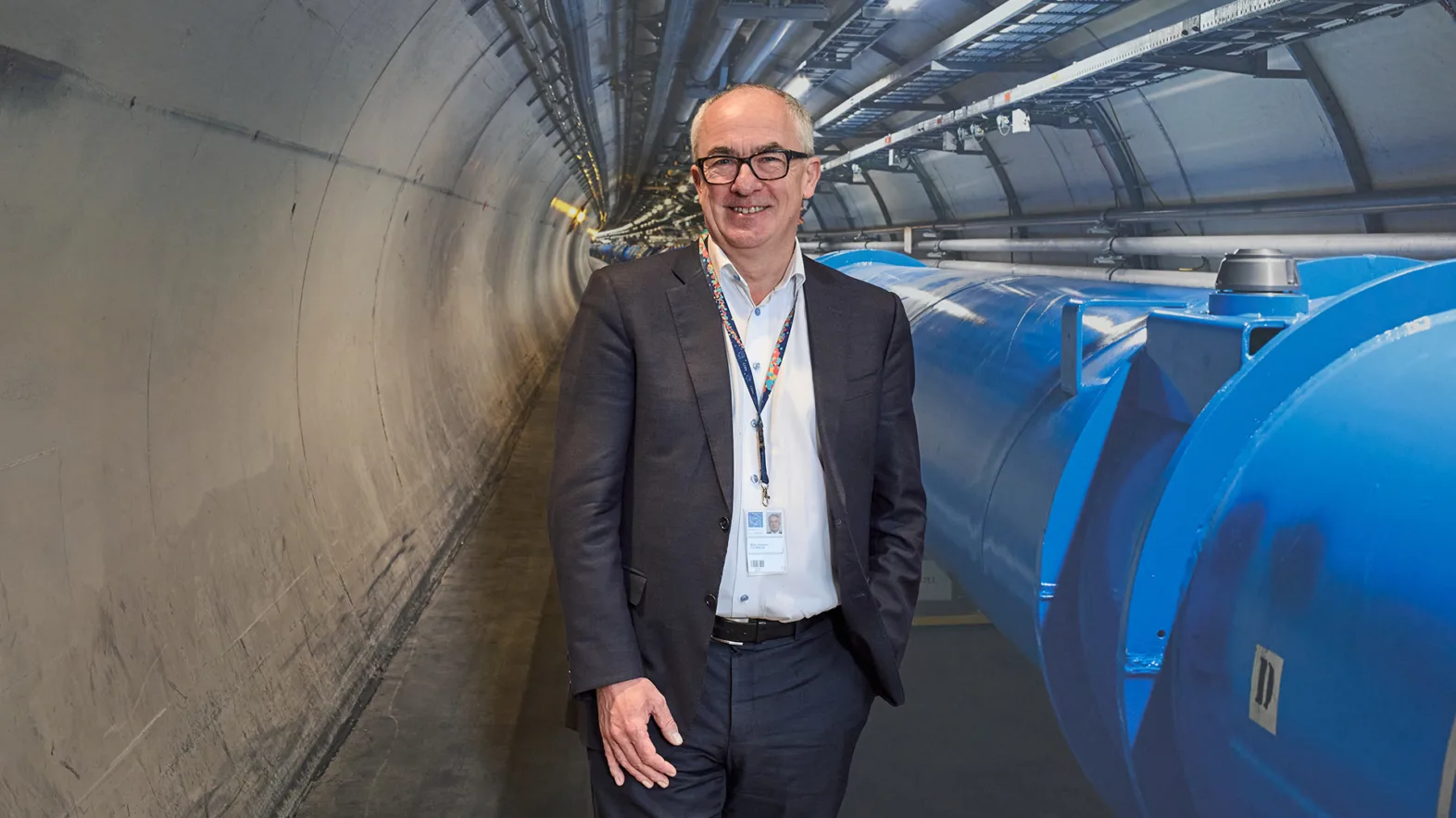
In 2026, Mark Thomson will become the next Director-General of CERN, the European Organization for Nuclear Research. He thus follows in the footsteps of a long line of distinguished scientists. The election by the CERN Council is a strong vote of confidence in his abilities and vision.
An impressive career
Mark Thomson can look back on an extremely successful career. He obtained a doctorate in particle physics from the University of Oxford. As a professor and research director, he achieved several scientific breakthroughs and mentored numerous young researchers. He is highly experienced in coordinating complex projects and driving international cooperation forward.
Thomson managed research projects from 2018 to 2024 as Executive Chair of the Science and Technology Facilities Council in the United Kingdom. Under his watch, strategic decisions were made that had a lasting impact on both basic and applied research. He represented the United Kingdom on the CERN Council and was personally involved as a particle physicist in the OPAL experiment at the Large Electron Positron Collider and in the development of ATLAS at the Large Hadron Collider.
In addition to his CERN-related work, Mark Thomson also served as the UK Scientific Delegate for both the European Spallation Source (ESS) and the Square Kilometre Array (SKA). Both of these roles already enabled fruitful interactions with Switzerland, which is a member state of these research infrastructures.
Thomson’s Vision of the future for CERN
In his presentation, Thomson stated that he would like to see CERN develop as a global centre of scientific excellence. He plans to boost existing research and launch new innovative projects. Particular attention will be paid to the development of sustainable technologies and the advancement of young talent.
One of the main priorities of his term of office will be to prepare the decision on construction of the Future Circular Collider (FCC). The future path will be guided by the recommendations made in the European Strategy for Particle Physics, which will be updated over the course of 2025. This project, which is potentially the largest and most complex in CERN's history, will require reconciliation of scientific, technical and financial constraints. While the final decision on whether to build the FCC will rest with the CERN Council, Thomson's role is to bring the project to a mature form. This includes developing a viable financing strategy, a solid governance model and a concept for the responsible stewardship of natural resources.
Thomson appointed by CERN Council
Switzerland, represented by its delegation to the CERN Council, was actively involved in the selection process and had the opportunity to hear the presentation that Thomson gave as a candidate for CERN’s top position. In November 2024, the CERN Council appointed Mark Thomson as the new Director-General. In 2025, Thomson will work closely with the current Director-General Fabiola Gianotti to prepare for his new role.
Fabiola Gianotti has achieved impressive results since 2016, when she became the first woman to head CERN. Under her leadership, CERN's scientific agenda moved forward, including important advances at the Large Hadron Collider and preparations for implementation of the High Luminosity LHC Project. Gianotti’s term featured outstanding scientific achievements and strong leadership in difficult times, such as during the Covid pandemic. A particular milestone was the creation of the Science Gateway, whose total cost of around CHF 100 million was covered entirely by generous donations. This outstanding project, which brings science and society closer together, will form the basis for Thomson’s work.
The importance of CERN’s General-Director for Host States
As Host States of CERN, Switzerland and France are in close contact with CERN's Director-General at various levels and on different strategic issues. Decisions made by CERN's Director-General have a direct impact on the Geneva region and the local population, touching on territorial, political and economic aspects. In the past, Thomson has advocated for stronger relations between science and society – an approach that promises to further promote close cooperation with Switzerland and France.
Looking ahead
With Mark Thomson at the helm, CERN is poised for an exciting future. He will pursue three key priorities set out in CERN’s strategy: the timely completion of the High Luminosity LHC, selection of the next major project after the LHC and achieving optimal use of CERN's existing accelerator complex. All this will be done with the aim of creating a wide range of scientific opportunities for the next generation of researchers. With his expertise and visionary approach, Thomson is ideally positioned to lead CERN into a successful new era.
Contact
Author
